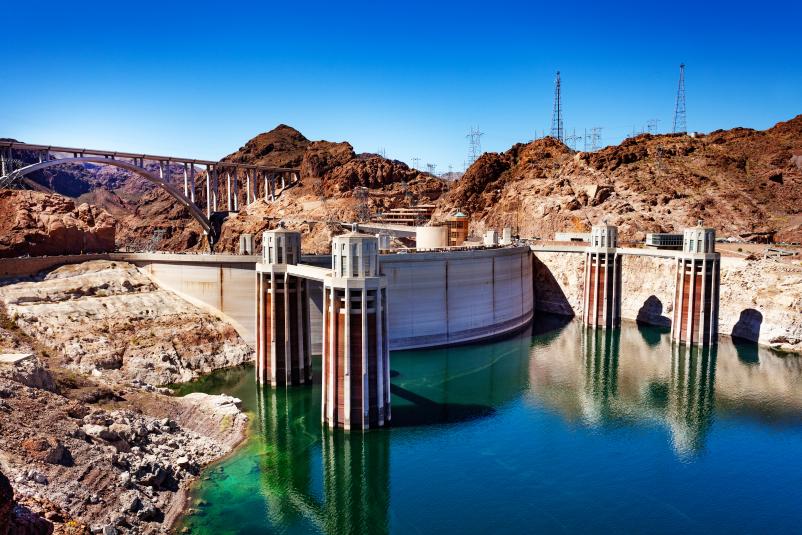Breadcrumb
Americans urge water investment a year on from Inflation Reduction Act
More US citizens now say greater public spending is not the best conduit for infrastructure investment in our latest Ipsos study of 22,000 citizens globally

Less than a third (30%) of US citizens are satisfied with the state of the country’s infrastructure, according to the latest major study of public attitudes towards infrastructure investment from GIIA and Ipsos.
A majority (57%) agree that “as a country we are not doing enough to meet our infrastructure needs”, although the figure has fallen four percentage points point since 2021, prior to implementation of the Infrastructure Investment & Jobs Act (IIJA) and Inflation Reduction Act (IRA).
Most (57%) Americans don’t believe that the country’s infrastructure is sufficiently adapted to deal with climate change and a similar proportion (52%) agree that “we are not building the infrastructure we need quickly enough”.
GIIA Chief Executive Jon Phillips said: “The ambitious legislation passed over the last two years has positioned the US as the world’s leading infrastructure investment destination.
“US citizens are starting to recognise the great progress being made but want to see more and quicker infrastructure delivery. This points to a greater role for the private sector, and we encourage officials at federal and state level to build on the US’s appeal to global infrastructure investors.
“Fundamental to those efforts will be enabling greater utilisation of public-private partnerships at the state level, reforming a cumbersome permitting system and ensuring that IIJA funds and IRA credits successfully crowd in additional private investment.
“Through its green incentives, the US government has helped spur massive investment in solar capacity in recent months. That success story now needs to be replicated across more of the renewable energy sources and clean tech that will make net zero goals attainable.”
Since the passing of the IRA, some $115bn worth of new infrastructure deals have closed across the US, more than in Saudi Arabia, Brazil, the UK, India, France, Australia, Germany and Japan combined.
With public debt rising significantly since the start of the pandemic, and with federal spend on infrastructure increasing, the share (44%) of US citizens agreeing that “public spending in the US is already high and taxes and government borrowing should not be increased any more to spend more on improving infrastructure” has risen three percentage points since 2019.
Where paying for infrastructure investment is concerned, the majority of (57%) of Americans agree that the cost of new investment should be spread fairly across current and future taxpayers.
US citizens see water supply and sewerage as their number one priority area for infrastructure investment. Close to half (49%) name it is a priority, ahead of solar energy (40%), the local road network (39%), major road network (37%) and wind power (36%). The proportion highlighting nuclear as a priority area (25%) is up seven percentage points compared to two years ago.
At the start of this month, the President’s National Infrastructure Advisory Council used a new report to highlight the potential for public-private partnerships to drive investment in the water sector, recommending development of a new national water strategy.
American frustration with speed of delivery is especially noticeable in sectors such as EV charging, where just 33% are positive about the country’s infrastructure.
Whilst citizens want to see quicker progress a majority (61%) agree, however, that “local communities’ views on plans for infrastructure should be heard properly, even if it means delays”.
The National Governors Association (NGA) is currently driving bipartisan efforts to reform permitting processes to make them more efficient.